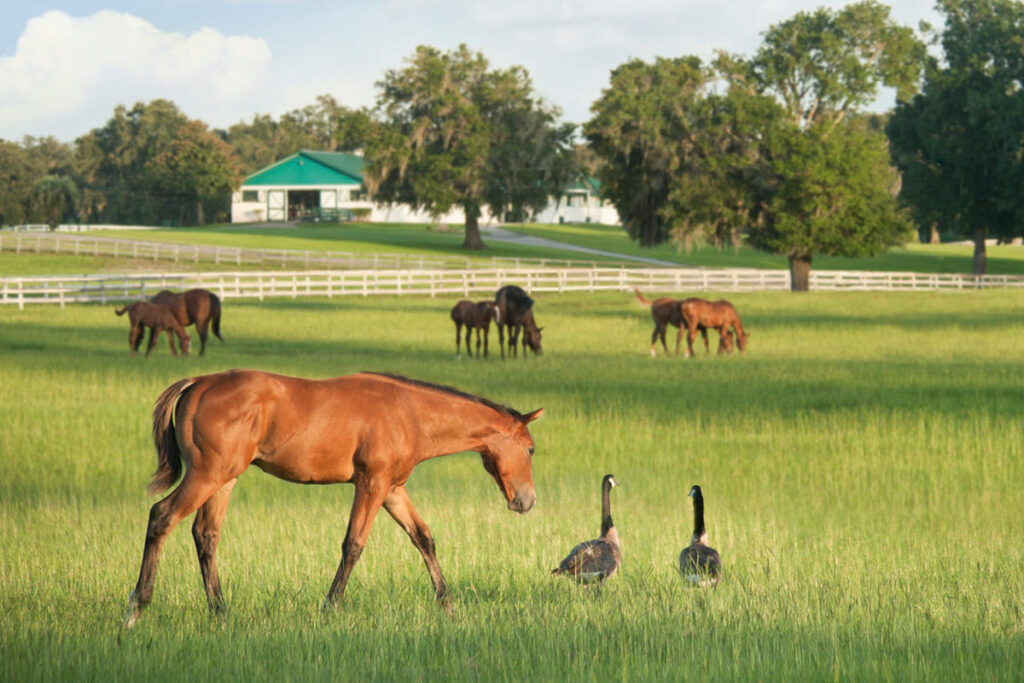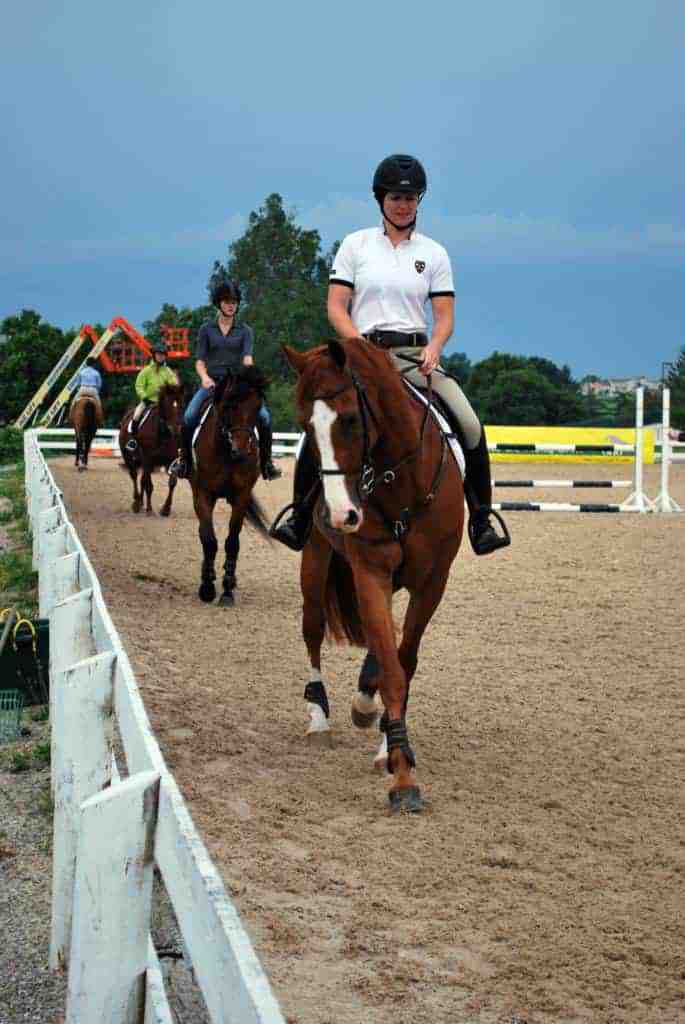
Highly Pathogenic Avian Influenza (HPAI) H5N1 in U.S. Horses
Here’s what scientists know about avian influenza and how it might affect horses.

Here’s what scientists know about avian influenza and how it might affect horses.

Biosecurity measures remain a critical component to combating ‘strep throat for horses.’

Veterinarians administer risk-based vaccines based on a horse’s potential to contract certain diseases.

Respiratory viruses affect more horses than you might think, raising important questions for veterinarians and owners about diagnosis, management, and performance.

Review how CEM spreads between horses, the most recent outbreaks, and biosecurity measures to prevent outbreaks in breeding and other horses.

Testing asymptomatic horses for EHV-1 at equestrian events is crucial for early detection and preventing potential outbreaks.

A USEF veterinarian shares important biosecurity information for those planning to host or attend competitions this year.

The final 100 days of gestation bring their own unique developments, changes, and challenges. Get tips to help your mare’s third trimester run smoothly.

Here’s how officials plan to keep international equine athletes safe from infectious disease in Versailles.

Discover how one horse show venue handled a disease outbreak and improved its biosecurity practices to prevent one in the future.

Two biosecurity experts share the best ways you can protect your horse from disease, whether you plan to travel with him or he never leaves the farm.

Learn how equine veterinary clinics institute strict biosecurity measures to contain, prevent, and control disease outbreaks.

An inside look at the 2018 EHV-1 outbreak that impacted hundreds of horses at a California show and how to control the disease.

Avoiding nose-to-nose contact with other horses at shows is the best way to protect your horse from diseases. Here’s why.

Learn where biosecurity understanding is lacking among horse owners and what you can do to protect your horse from infectious diseases.

Infectious diseases such as equine herpesvirus can be spread via exposed horses and on equipment. Here are the best ways to avoid this and keep your horses healthy.
Stay on top of the most recent Horse Health news with
"*" indicates required fields